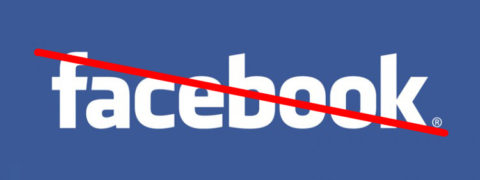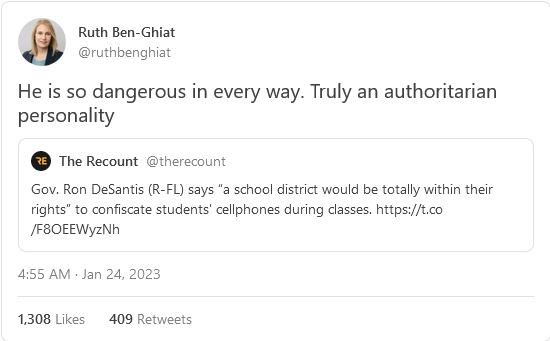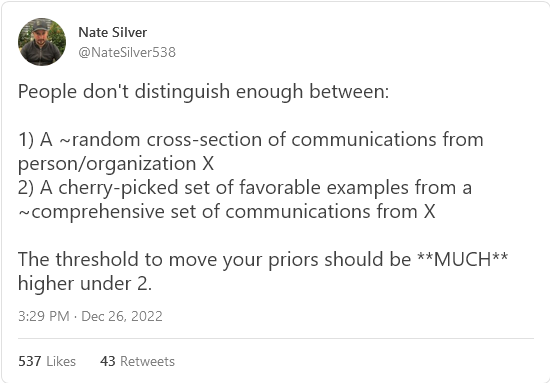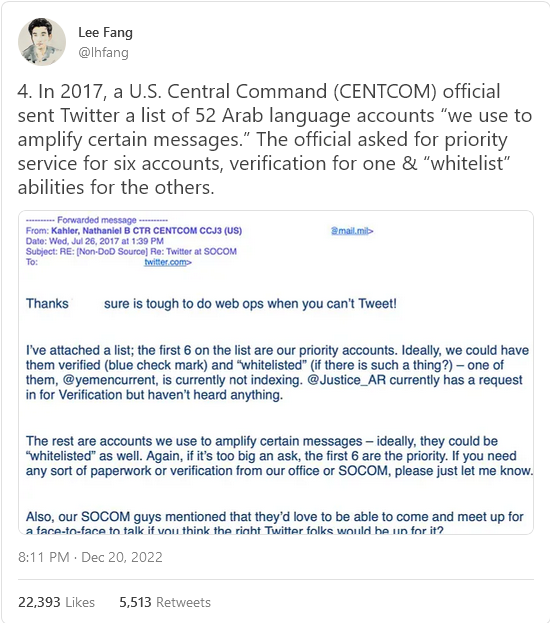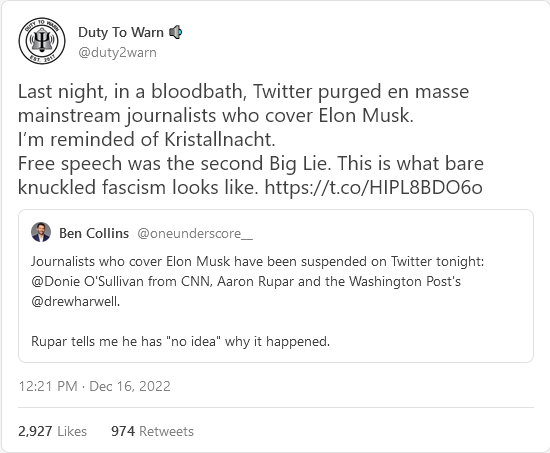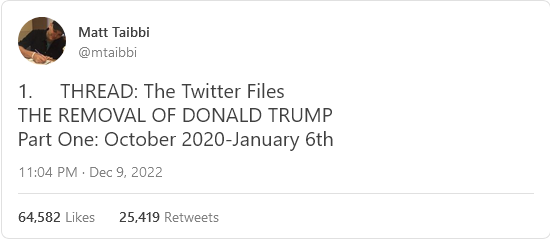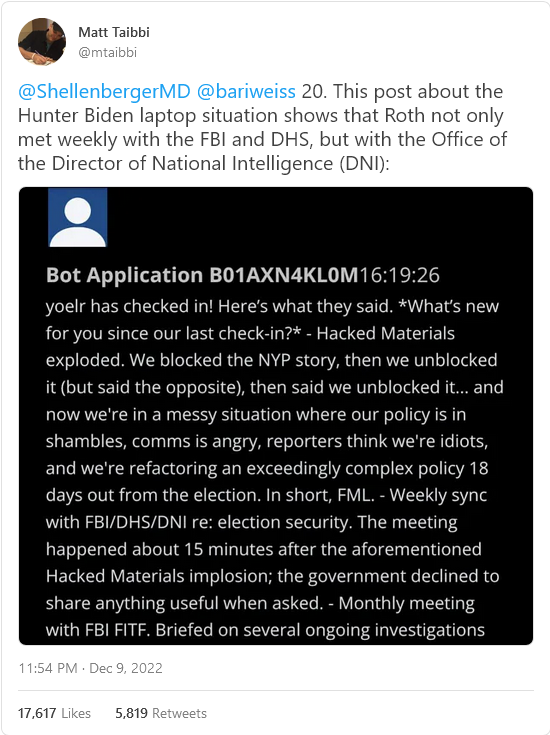Chris Bray on the odd controlling habits of our “great and good”, our “moral and intellectual superiors” to urge us to follow their directives “for our own good” (or else):
The anarchist philosopher Crispin Sartwell describes our political culture as one of “squishy totalitarianism”, a term I like quite a bit. (See the third page of this document.) You can disagree and refuse to comply, and the secret police won’t show up at your door (with maybe a growing list of exceptions). We don’t have a gulag. We don’t have the “culture of the disappeared“. You just … maybe find yourself with fewer friends, and some family that stops talking to you, and maybe your employer lets you know that hey, you know what, this doesn’t seem to be working out.
It’s not the Great Terror, it’s just a kind of low-grade grind of social decredentialing that lets you know you’re not making the right choices. We need to rethink Thanksgiving this year, because we’re very disappointed in you. (Don’t you want to be safe?) The way Google searches are working these days is a pretty good example of squishy totalitarianism: Oh, I’m sorry, we have no results for that widely known piece of wrongthink, but here are some results that debunk the conspiracy theory you’re searching for. Wouldn’t you prefer to read a correct search result?
[…]
We can debate the origins and the motive force behind the constant parade of error that has plagued us over the last three years: useless mask mandates, aggressively harmful school closures, insanely damaging vaccine mandates, ludicrous closures of beaches and parks, the pearl clutching over all those conspiracy theories about a lab leak.
You know the terms of the debate: Is the world led by idiots who are screwing it all up, or is this a plan that they’re executing on purpose?
But whichever answer turns out to be correct, one thing that seems extremely clear to me is that this perpetual reign of error couldn’t possibly go on without the unthinking enforcement activity of a distributed commissariat, the slogan-repeating upper-middle-class-aligned cultural apparatus that endlessly lawn signs their compliance. No one has to tell journalists to scold Woody Harrelson: they already know. The moment the Woodster engaged in crimethink, the Rolling Stone writer Marlow Stern started salivating like a trained dog hearing a bell. Vast armies of professors and HR specialists and marketing executives and bureaucrats and Hollywood functionaries and school board wokescolds and on and on and on already know their roles without being assigned to them. It is not correct for you to fail to comply with Current Thing; you are spewing conspiracy theories.
Doctor, the symptoms began shortly after I received the second dose of the Covid vaccine.
No, that is not possible, vaccines do not cause injuries. Let us not discuss this conspiracy theory any further. Here are some pills.
We have an enforcement apparatus made up of people who volunteered for the job. In terms of social class, we have the lower class, the lower-middle-class, the middle class, the Stasi, and the upper class.


